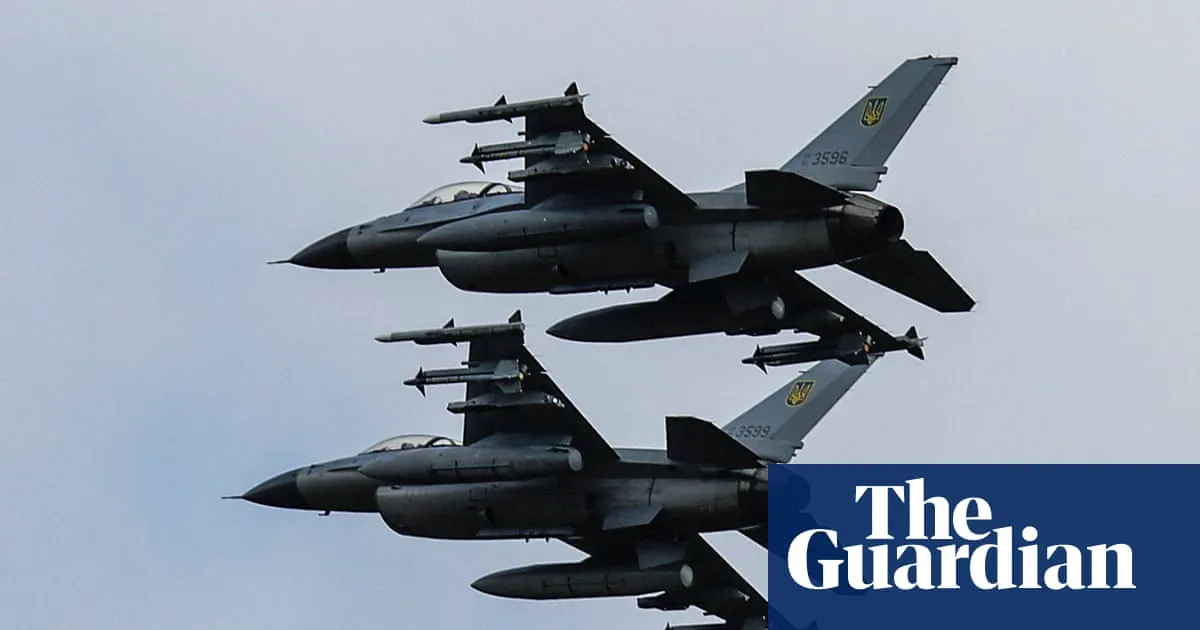
In a significant move to bolster Ukraine's defense capabilities, Denmark, Norway, and the Netherlands are set to purchase 3,350 ERAM air-launched cruise missiles as part of an $825 million sale approved by the US State Department, according to a statement from the Pentagon on Thursday. The Extended Range Attack Munition (ERAM) boasts a range of “several hundred” miles, enhancing Ukraine's ability to strike distant targets with precision.
The missile package includes not only the ERAM missiles but also essential components such as GPS guidance kits, electronic warfare defenses, and additional support from the US government. While this approval is a crucial step, it does not finalize the sale, which is still pending. The ERAM missiles are categorized as “standoff” weapons, allowing Ukrainian warplanes to engage Russian targets from a safe distance, thereby minimizing the risk of being shot down during operations.
As Ukraine continues to face aggression, its allies have prioritized the development of a range of low-cost, versatile missiles to support military operations on the battlefield. This strategic focus aims to provide Ukraine with a robust arsenal capable of responding effectively to ongoing threats.
In a related context, it is now “obvious” that a much-anticipated meeting between Russian President Vladimir Putin and Ukrainian President Volodymyr Zelenskyy will not take place, as stated by German Chancellor Friedrich Merz. Merz, alongside French President Emmanuel Macron, indicated that their respective cabinets would discuss the implications of this development in relation to the ongoing Ukraine war.
The United Kingdom and the European Union have summoned Russian envoys following missile strikes in Kyiv that resulted in the tragic loss of at least 21 lives, including four children. The strikes also caused damage to the British Council and EU offices in the city. One Kyiv resident, Yulia Maystruk, shared her harrowing experience at the scene of the bombing, emphasizing the resilience of the Ukrainian people amidst such tragedies.
Italian Prime Minister Giorgia Meloni condemned the recent attacks on Kyiv, asserting that they reflect Russia’s lack of interest in pursuing peace negotiations. Meloni stated, “The intense attacks on Kyiv last night demonstrate who stands on the side of peace and who has no intention of believing in the negotiating path.”
Italian Foreign Minister Antonio Tajani expressed concern that Russia's aggression in Ukraine is unlikely to cease this year, suggesting that further sanctions will be necessary if the situation continues to escalate. In light of this, European Commission President Ursula von der Leyen announced that EU countries are preparing a 19th package of sanctions against Russia and are working on a plan to utilize frozen Russian assets to support Ukraine.
Adding to the complexities of the situation, Hungary and Ukraine exchanged sharp words on Thursday. Budapest imposed a ban on a Ukrainian military commander, citing his involvement in “extremely severe attacks” on the Druzhba oil pipeline in Russia that supplies Hungary. Hungarian Foreign Minister Peter Szijjarto defended the ban, while Ukrainian Foreign Minister Andrii Sybiha criticized the move, emphasizing the moral implications of prioritizing a Russian pipeline over the lives lost in Ukraine due to Russian attacks.
Facing this backdrop, Ukrainian commander Robert Brovdi dismissed Budapest's actions as futile, asserting that the memory of the Ukrainian bloodshed will not be forgotten.
Looking ahead, President Volodymyr Zelenskyy indicated that he anticipates a framework for security guarantees for Ukraine to be outlined as early as next week. On Thursday, Zelenskyy revealed that he had “extensively” discussed this topic in a conversation with Turkish President Recep Tayyip Erdoğan. Additionally, the head of Ukraine’s National Security and Defence Council, Rustem Umerov, visited Turkey to further address security concerns.